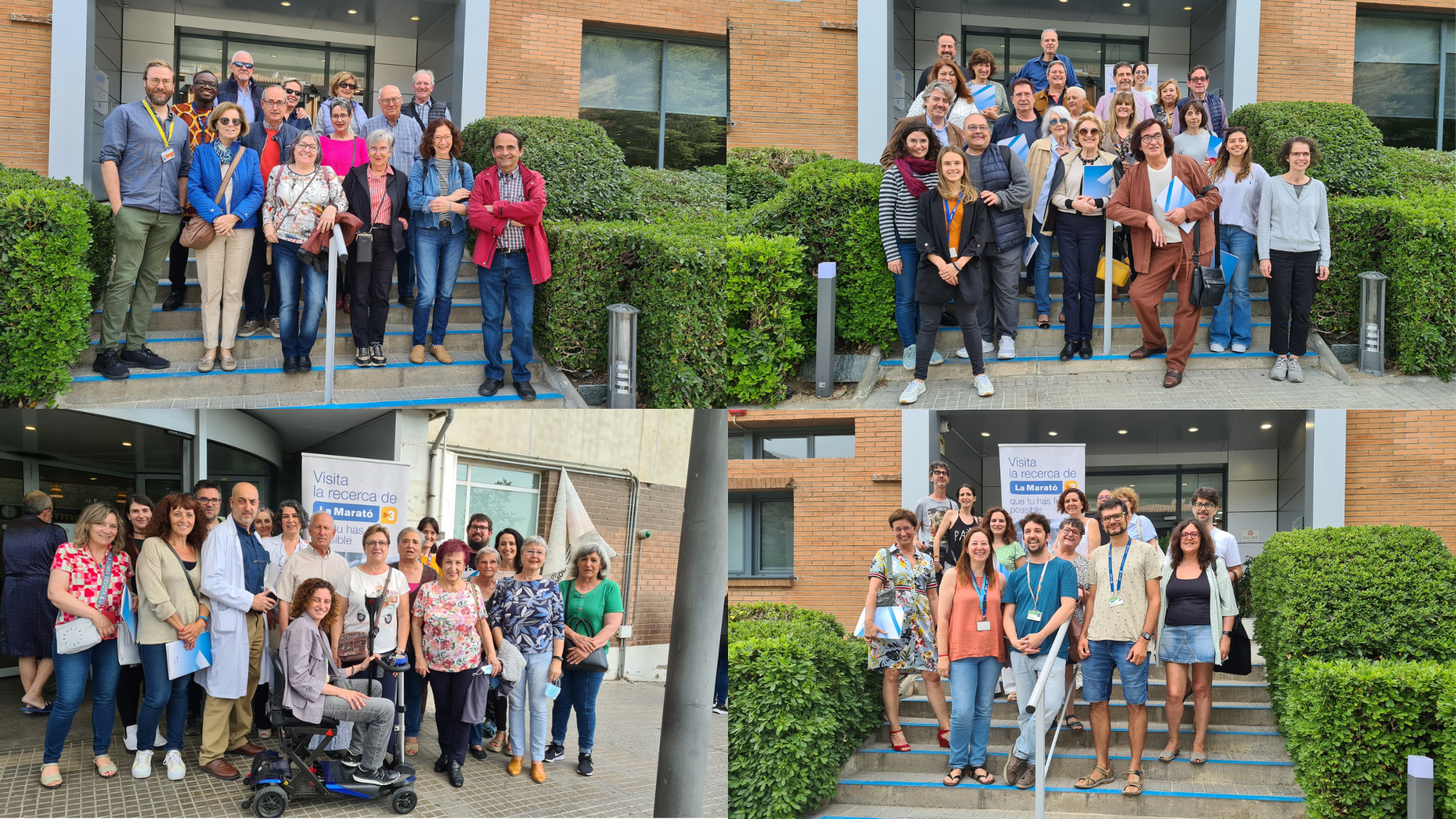Taking patients with haemorrhagic stroke to the nearest centre improves their prognosis
A study co-led by researchers from IGTP, IIB Sant Pau and IDIBGI concludes that direct transport to a referral centre for endovascular treatment may not be the best option for patients with a final diagnosis of intracerebral haemorrhage or haemorrhagic stroke.
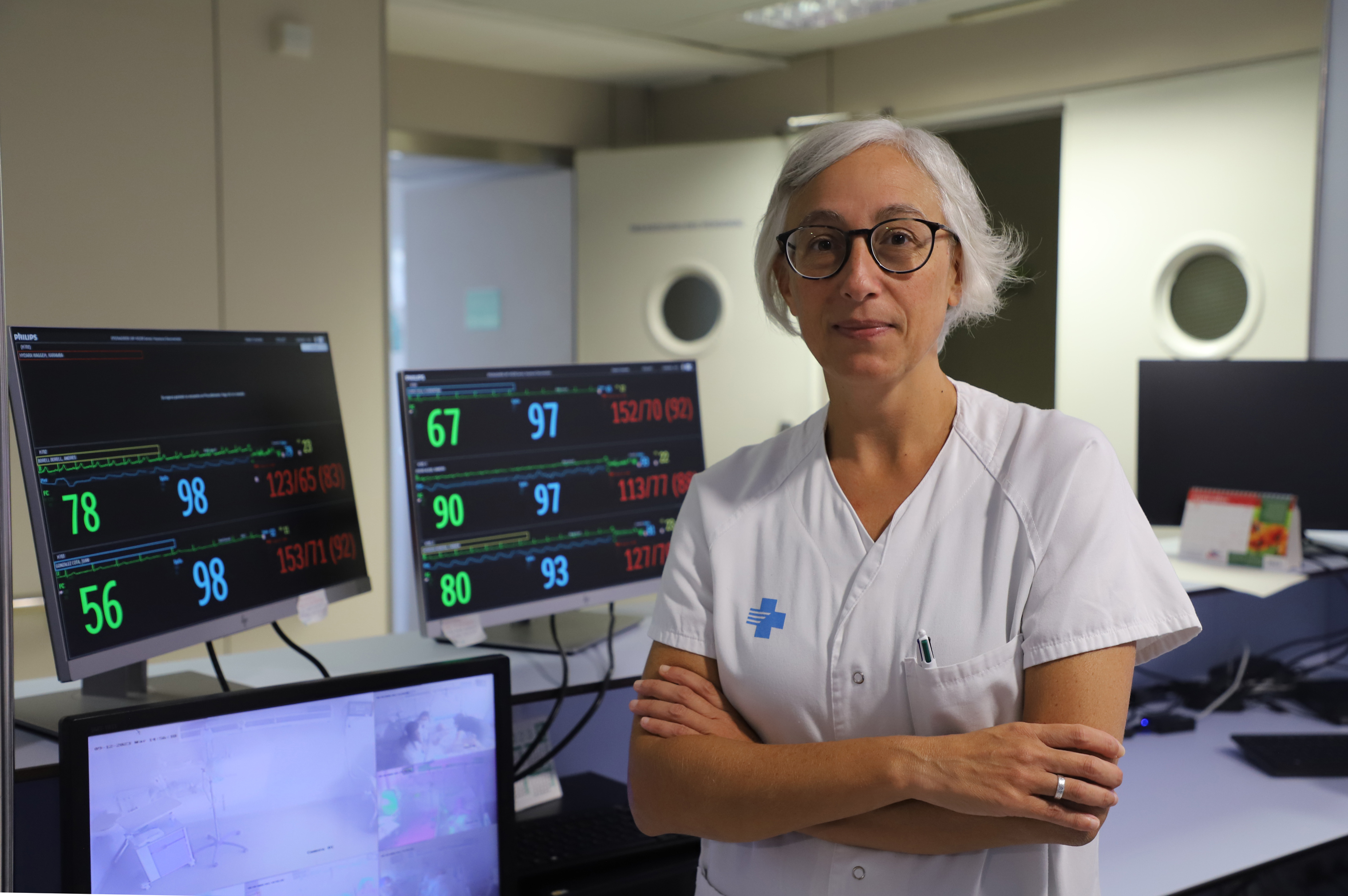


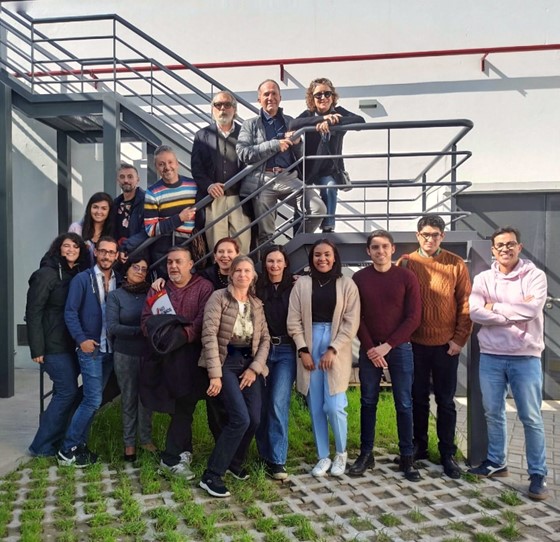
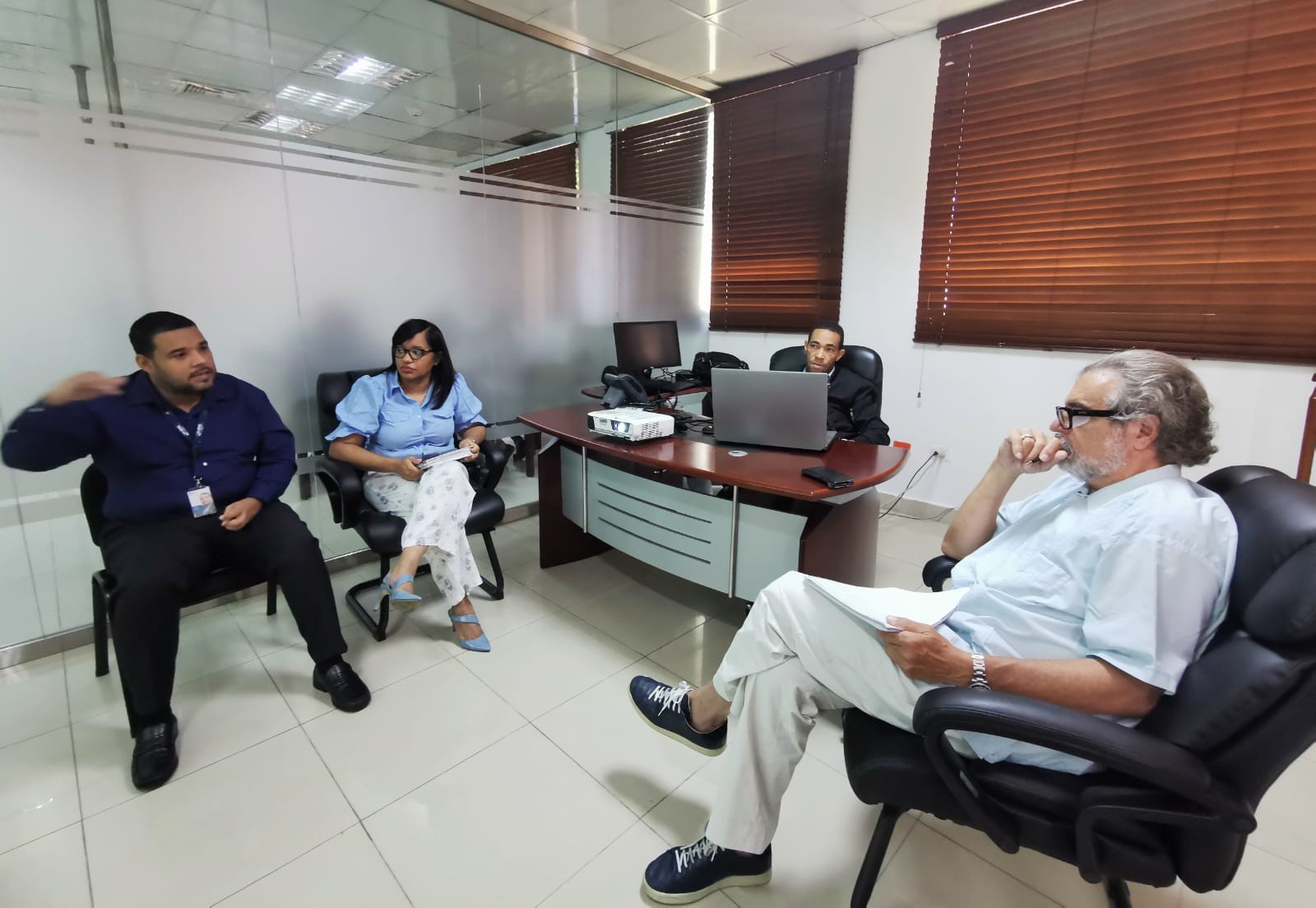
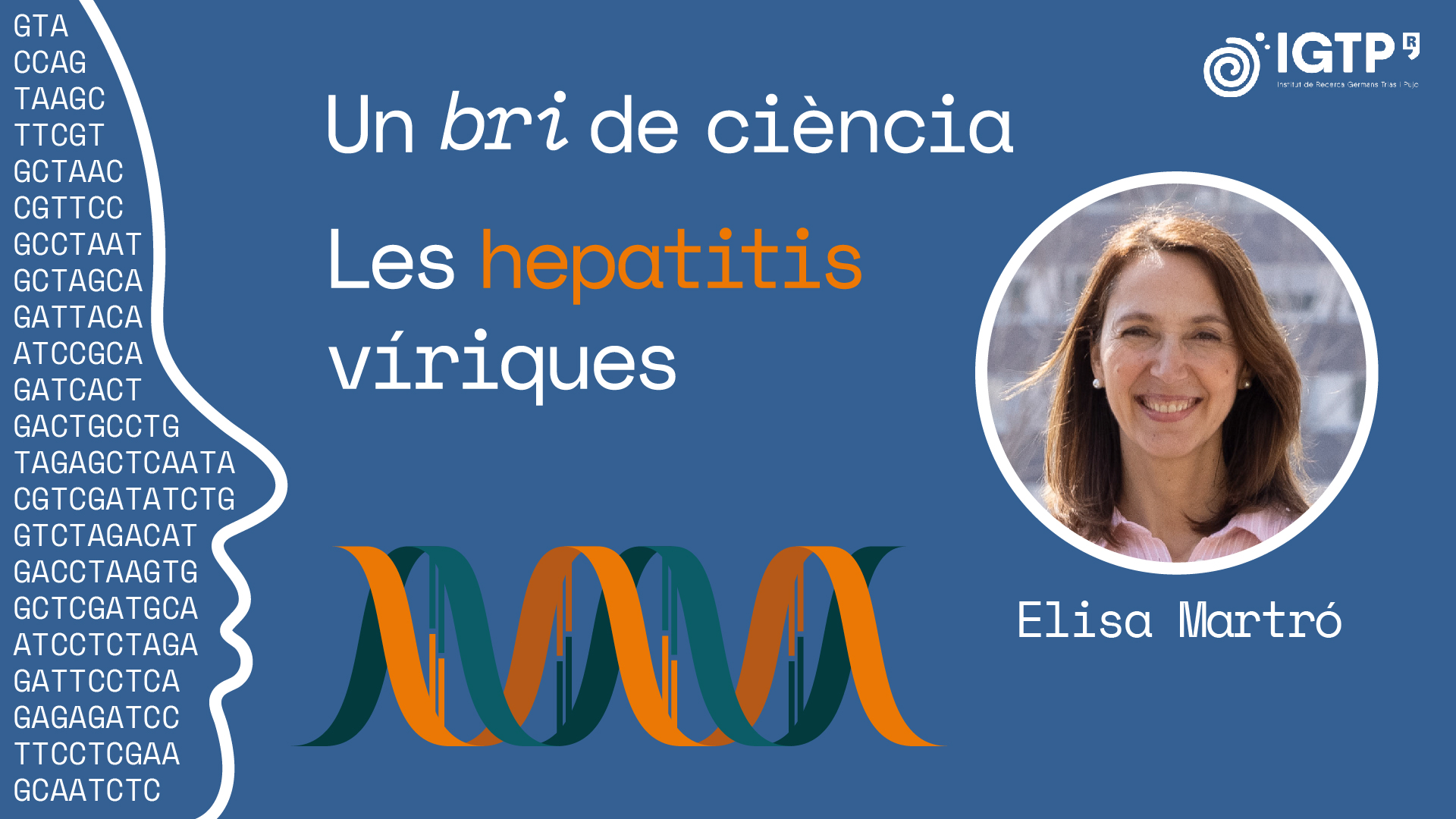
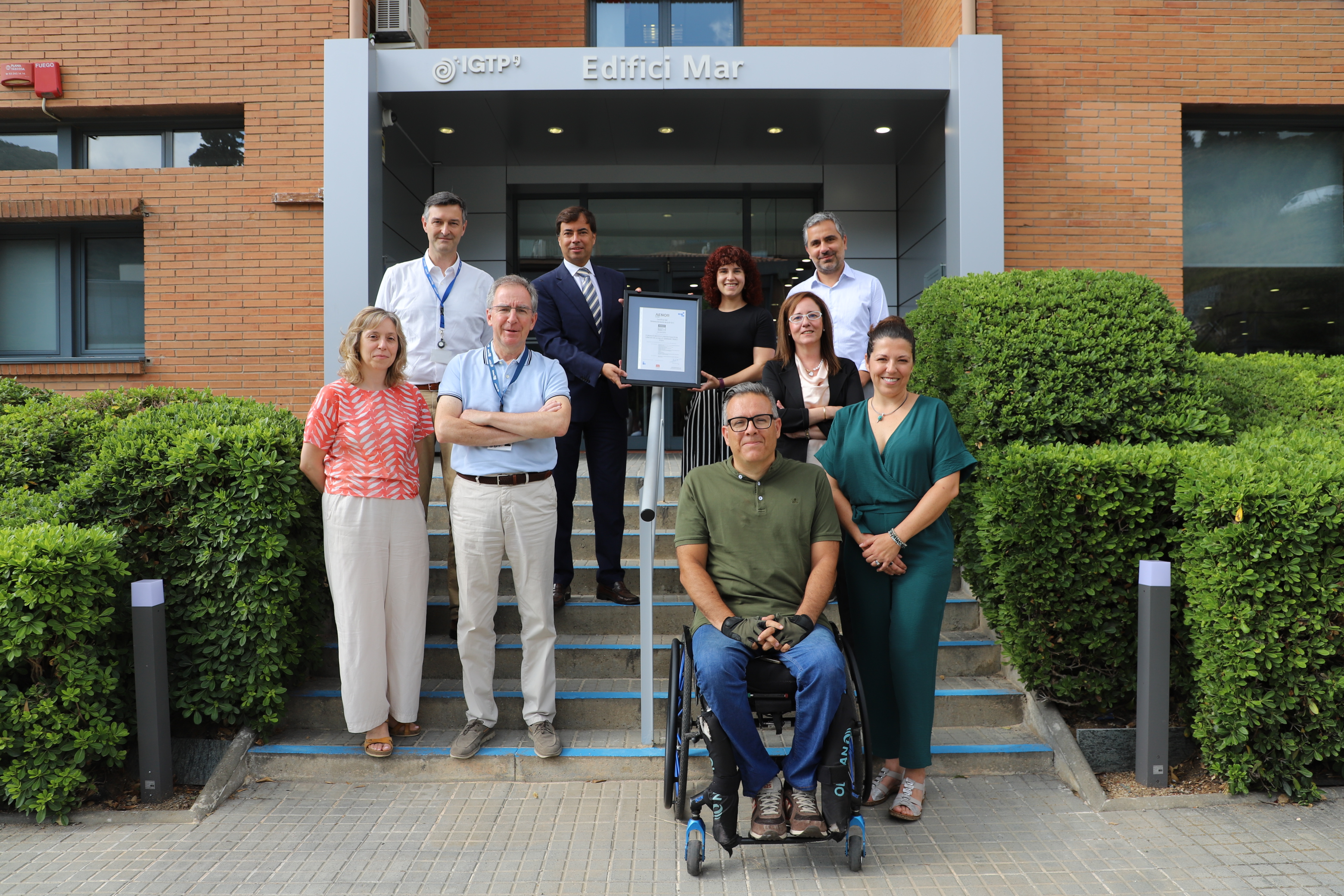
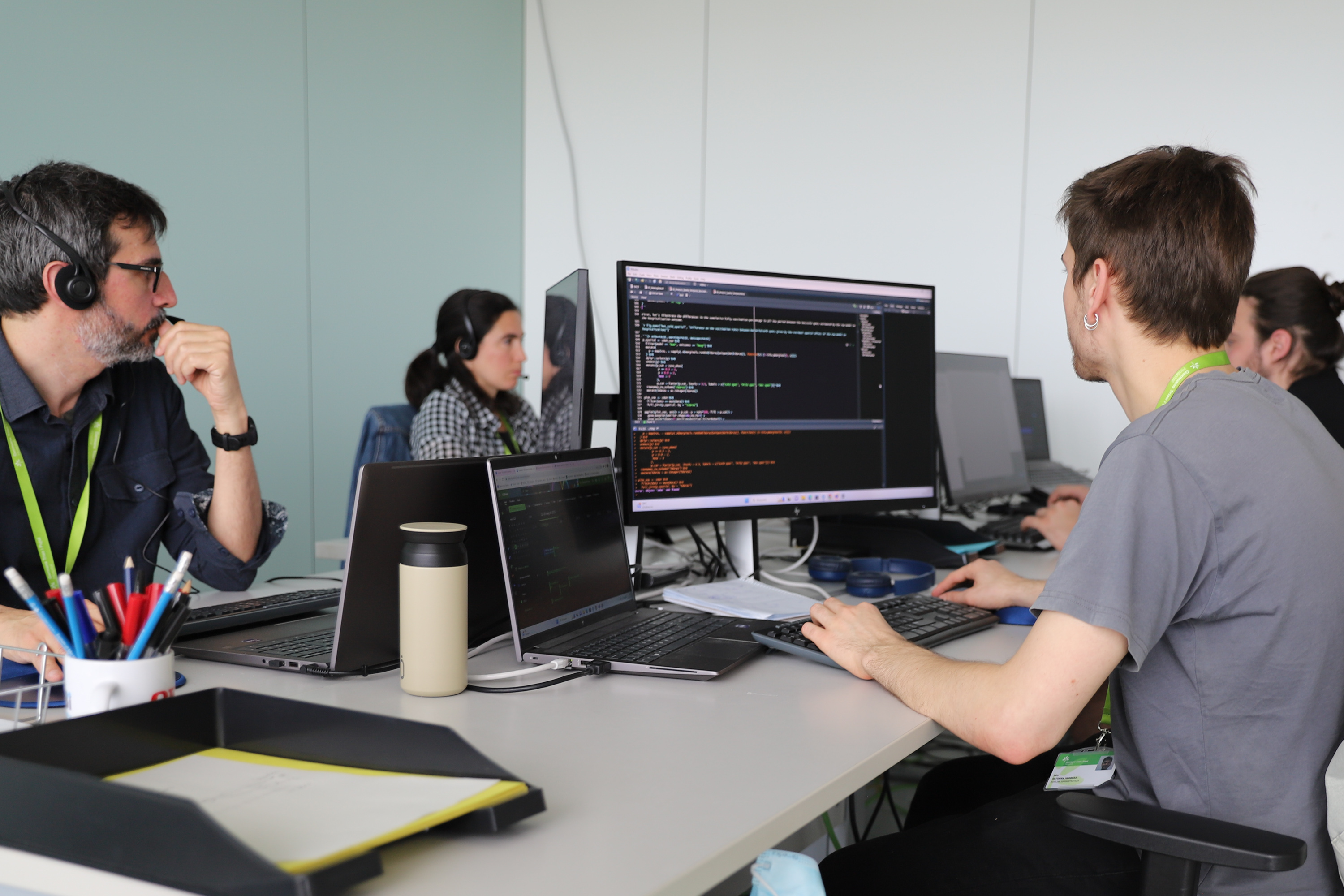
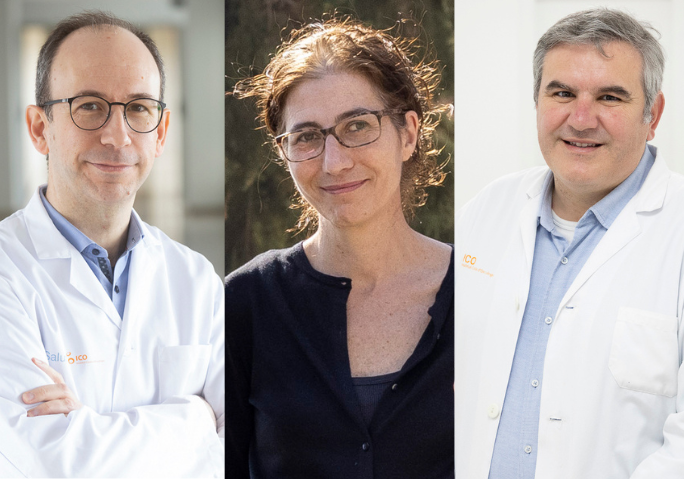
 - copia_1687953960.jpeg)
